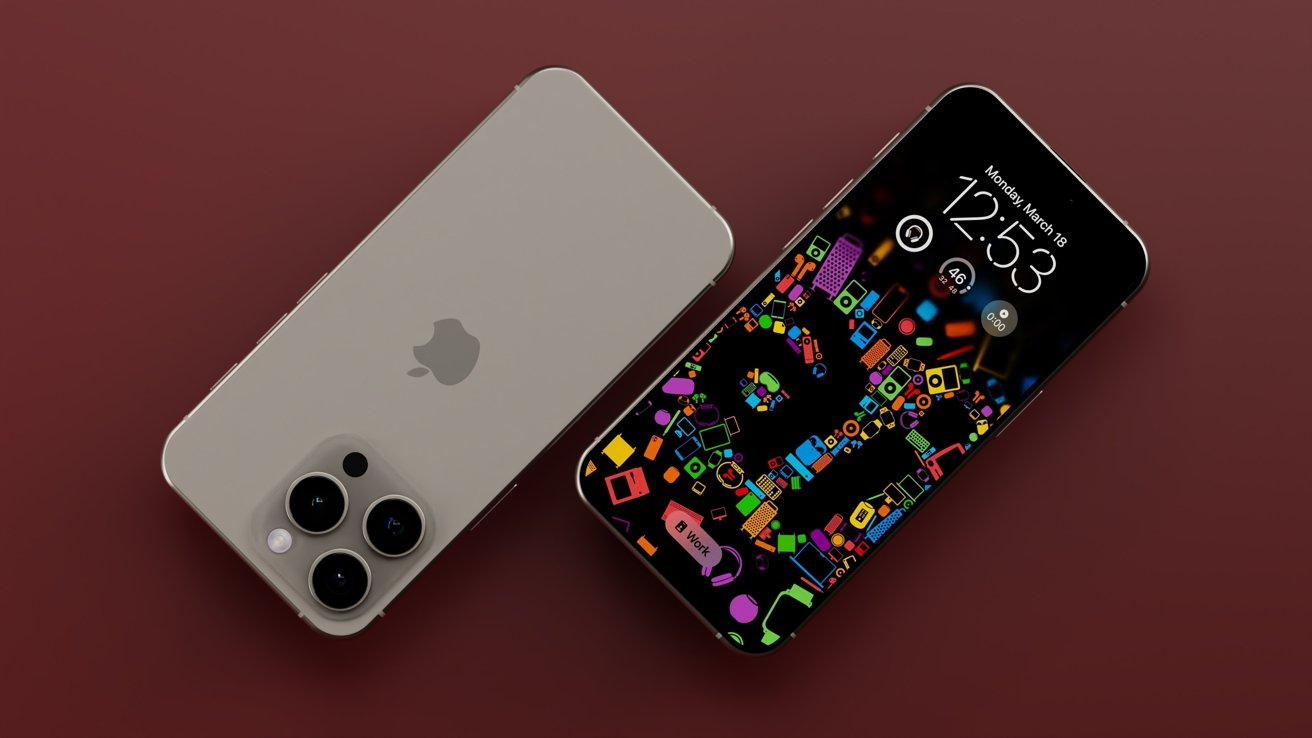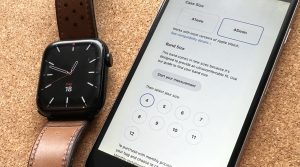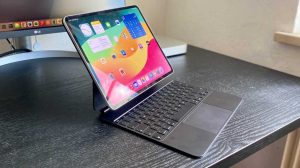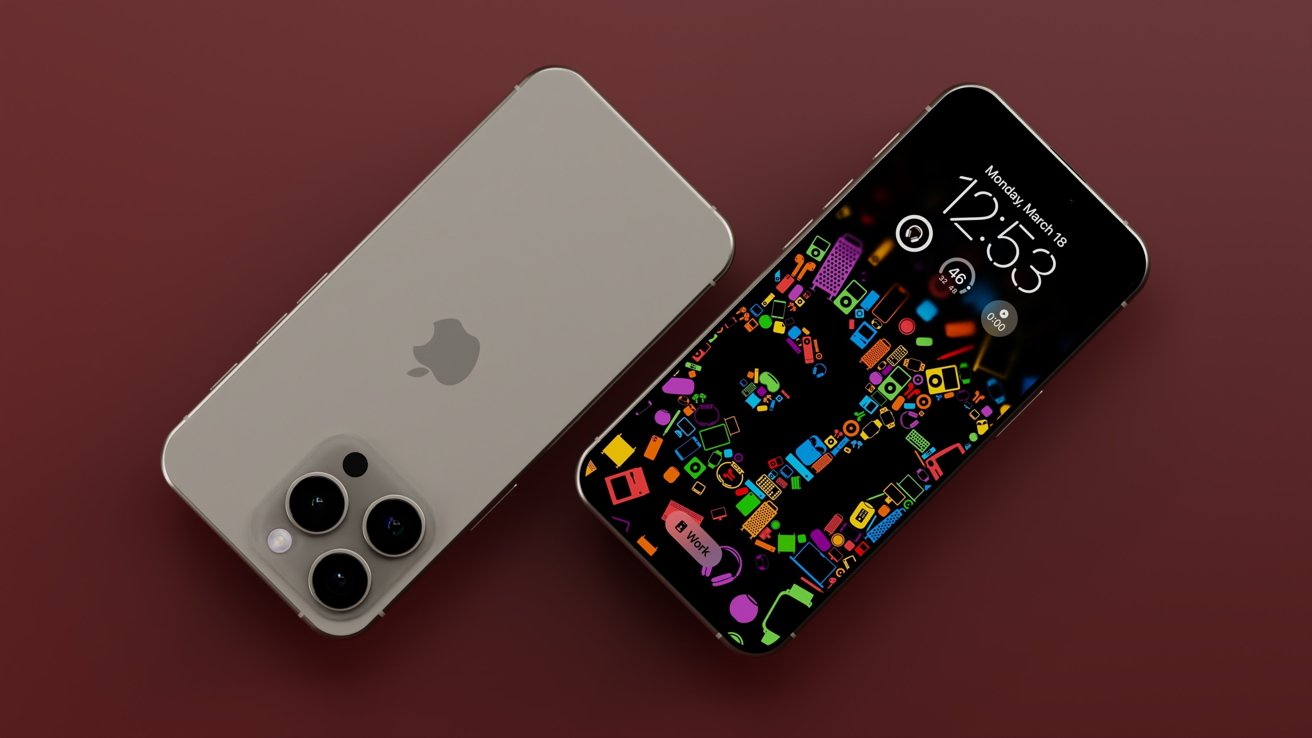
A render of what the iPhone 16 Pro could look like

The release of Apple Intelligence should be extremely beneficial to iPhone sales, with analysts believing Apple could be the top smartphone shipper in the world by 2025.
Analysts have been bullish about Apple’s future iPhone sales, with some predicting growth of about 10% for the second half of 2024 over 2023’s figures. The improved sales are primarily based on the seeming demand for the iPhone 16 following the WWDC introduction of Apple Intelligence.
However, Counterpoint Research believes that a wider generative AI focus on the market will help the industry enjoy more growth. For Apple, it could be phenomenal.
The report released on Thursday claims that annual global smartphone shipments will grow after two years of declines. With 1.23 billion units forecast, this represents a year-on-year growth of 5% for the industry as a whole.
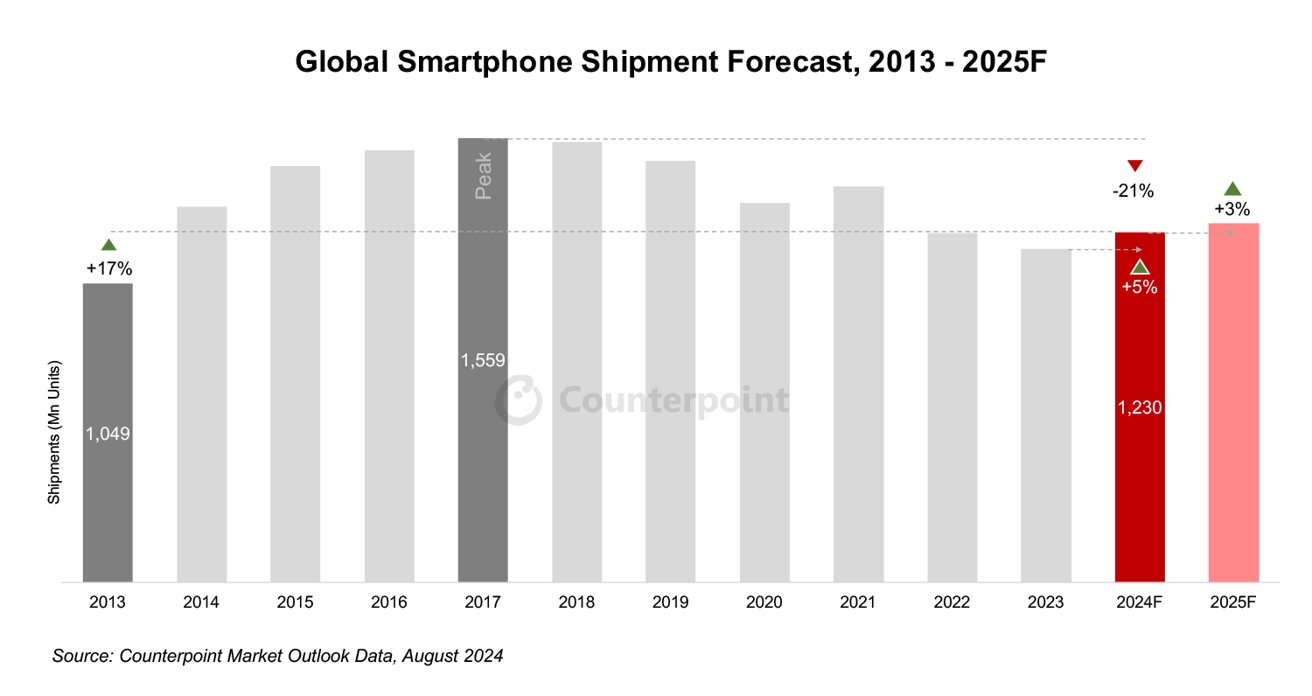
Global shipment forecasts for smartphones [Counterpoint]
However, the report goes further than 2024, with shipments in 2025 anticipated to grow another 3%.
The report also drills down into generative AI devices, which analysts believe could catalyze growth beyond 2024. Part of this will be driven by Apple.
“The share of GenAI-capable smartphones is expected to go from less than a fifth in 2024 to more than half in 2028,” proposes senior analyst Harmeet Singh Walia.
Apple Intelligence “will boost GenAI devices in the whole smartphone market,” they continue. “It could create an opportunity for Apple to rise to the top in annual shipments as soon as in 2025.”
The iPhone Fold is also raised in the report, with Apple expected to join the foldables market in 2027. This too is expected to “bring momentum to the new form factor” and improve the ecosystem, which is already being penetrated by Samsung and Chinese OEMs like Huawei and Honor.

